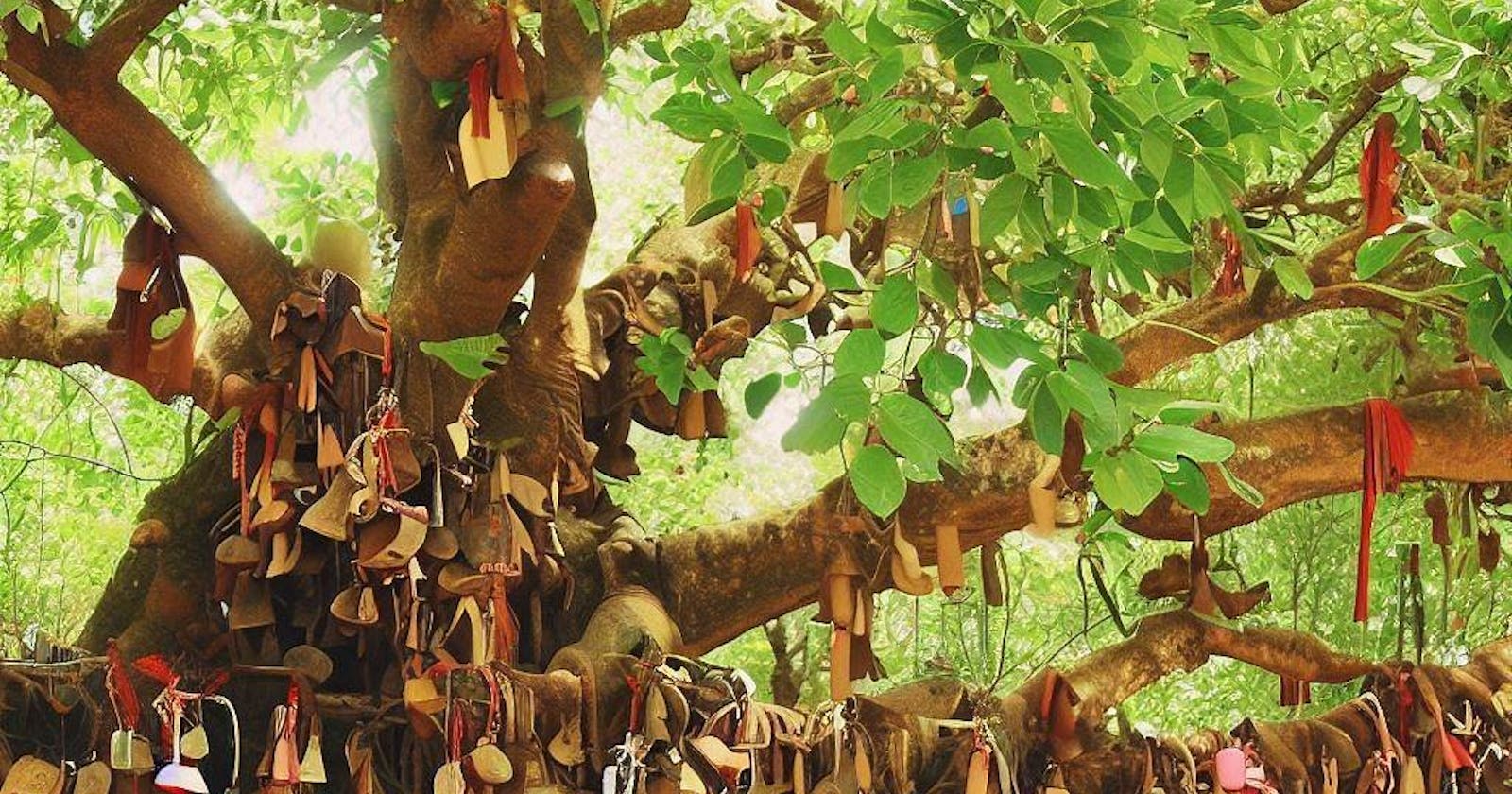Have you ever heard of the wishing tree? It is a mythical tree that grants any wish to those who find it and touch its trunk. Some say it is hidden in a remote forest, others say it is in a secret cave, and others say it is just a legend. But what if the wishing tree was real? What if you could wish for anything you wanted, and it would come true?
One of the most common wishes that people have is to be healthy and free from diseases. Imagine if you could wish for a cure for all diseases in the world, and it would happen. How would that change your life and the lives of others? How would that affect the society and the environment? What would be the benefits and the challenges of such a wish?
In this blog post, we will explore these questions and more, as we imagine a scenario where the wishing tree exists and someone wishes for a cure for all diseases in the world. We will also discuss some ethical and philosophical implications of this wish, and whether it is a good or a bad idea.
The Benefits of a Cure for All Diseases
The most obvious benefit of a cure for all diseases is that it would save millions of lives and reduce human suffering. According to the World Health Organization (WHO), more than 50 million people die each year from various causes, many of which are preventable or treatable diseases. Some of the leading causes of death are cardiovascular diseases, cancers, respiratory infections, diabetes, HIV/AIDS, malaria, tuberculosis, and malnutrition. A cure for all diseases would eliminate these causes and extend the lifespan and quality of life of millions of people.
Another benefit of a cure for all diseases is that it would reduce health inequalities and improve social justice. Many diseases are linked to poverty, lack of access to health care, poor sanitation, environmental pollution, and other factors that affect marginalized and vulnerable populations. A cure for all diseases would level the playing field and ensure that everyone has the same opportunity to enjoy good health and well-being.
A third benefit of a cure for all diseases is that it would boost economic development and productivity. Diseases have a negative impact on the economy by reducing labor force participation, lowering productivity, increasing health care costs, and hindering human capital formation. A cure for all diseases would increase economic output and efficiency by enabling more people to work, learn, innovate, and contribute to society.
The Challenges of a Cure for All Diseases
However, a cure for all diseases would also pose some significant challenges and risks. One of the main challenges is that it would increase population growth and pressure on natural resources. The world population is already over 7.8 billion people and projected to reach 9.7 billion by 2050. A cure for all diseases would accelerate this growth by reducing mortality rates and increasing life expectancy. This would lead to more demand for food, water, energy, land, and other resources that are already scarce and threatened by climate change.
Another challenge of a cure for all diseases is that it would create new ethical dilemmas and conflicts. For example, who would have access to the cure? Would it be free or expensive? Would it be mandatory or voluntary? Would it be available to everyone or only to some groups? How would it affect human rights and freedoms? How would it affect religious beliefs and values? How would it affect human diversity and evolution? These are some of the questions that would arise from such a radical intervention in human biology and destiny.
A third challenge of a cure for all diseases is that it would not solve all the problems that affect human health and happiness. Diseases are not the only causes of human suffering; there are also psychological, social, cultural, political, and existential factors that influence human well-being. A cure for all diseases would not address these factors; in fact, it might even exacerbate some of them by creating new expectations, anxieties, frustrations, and conflicts.
The Conclusion
In conclusion, a cure for all diseases is a fascinating but controversial idea that has both positive and negative consequences. It is not clear whether such a wish would be beneficial or harmful for humanity in the long run. It might depend on how we use it, how we distribute it, how we regulate it, how we adapt to it, and how we balance it with other aspects of our lives.
What do you think? Would you wish for a cure for all diseases if you found the wishing tree? Why or why not?
If you are looking for a fun and easy way to make your dreams come true, visit wishing3.com today.
#love #life #good #evil #oneday #fantasy

